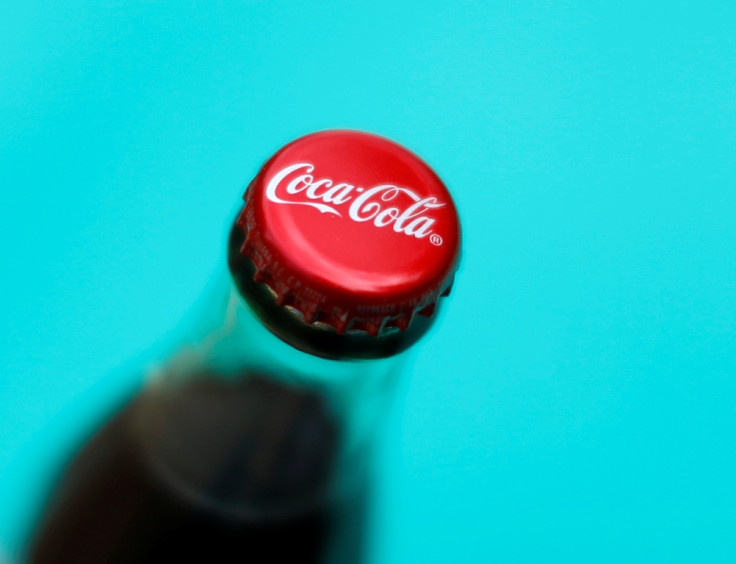Consumer Packaged Goods on the Defensive and Performing Badly

Wall Street investors are growing increasingly impatient with big consumer products companies trying to increase profits through cost cuts and brand makeovers just as their smaller rivals take risks and garner market share.
Organic and soy milk seller WhiteWave Foods, privately owned yogurt maker Chobani Greek and Keurig coffee machine seller Green Mountain Coffee Roasters have reported remarkable growth while stalwarts such as ConAgra Foods, Danone and General Mills have struggled.
Shares of the companies behind brands such as Cheerios, Pepsi-Cola and Pampers diapers have been a defensive play for market players in uncertain times. These firms have been battling weak demand in North America and Europe, cooling emerging markets and increasingly choosy customers taking to online comparison tools.
Market participants favoured packaged food stocks in 2013, hoping to benefit from dividend increases and potential buyouts following the purchase of H.J. Heinz, by Warren Buffett and Brazilian private-equity firm 3G Capital.
However, they have now begun to trade out, making consumer staples the worst-performing sector in the past six months.
Analysts warn their shares could drop further.
During the last five years, the Standard & Poor's 1200 Consumer Staples index had a total return of 117%, ranking sixth out of the 10 sectors measured.
Over the past six months its return has been the worst of the 10, down 0.55%.
Cost Cuts
You're going back to the fundamentals now, which really are pretty abysmal.
Big names including Nestle, Unilever and Procter & Gamble have all dumped under-performing food brands, including PowerBar, Skippy peanut butter and Pringles, respectively.
However, for most firms in the space, attempts to remake themselves through acquisitions, disposals or new product development have not made a drastic difference.
Several executives presenting at this week's Consumer Analyst Group of New York (CAGNY) conference in Florida, US, tabled familiar strategies that increase short-term profits without boosting sales.
However, investors at the conference have been demanding bolder steps such as disposals of underperforming units and acquisitions of smaller, faster-growing competitors.
"You're going back to the fundamentals now, which really are pretty abysmal," said Wells Fargo food analyst John Baumgartner. He said there could be scope for further declines.
"The stocks still aren't cheap," Baumgartner told Reuters.
"A big theme here is companies going back to their core. But is the core still relevant?" asked Andrew Cosgrove, lead analyst on Ernst & Young's global consumer team.
"The world has moved on," Cosgrove told the news agency.
"Everyone's talking about the same thing. There seems to be an even greater focus than usual on productivity and cost-savings," said Kevin Dreyer, a portfolio manager at Gabelli Funds.
Coke and Green Mountain
Earlier in the month, Coca-Cola picked up a 10% stake in Green Mountain for $1.25bn.
Green Mountain, the maker of the popular Keurig single-serving coffee brewer, proposes to enter the at-home carbonated cold drinks market, where SodaStream International operates.
Under their 10-year deal, Coke, the world's largest soda company, and Green Mountain would collaborate to introduce Coca-Cola products on Green Mountain's upcoming machine that would dispense cold beverages.
Several analysts want Coke to buyout Green Mountain, allowing the drinks major to diversify away from sugary sodas that are struggling in key North American markets.
© Copyright IBTimes 2025. All rights reserved.






















